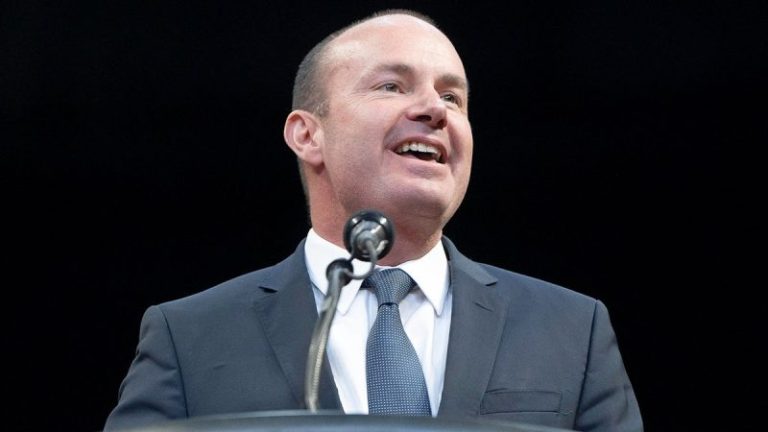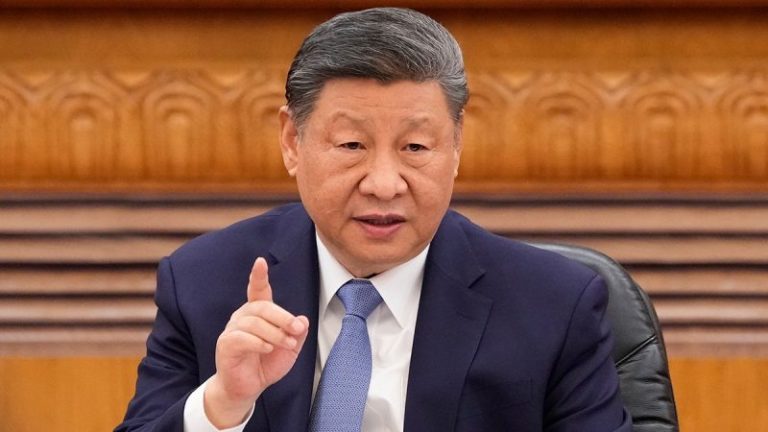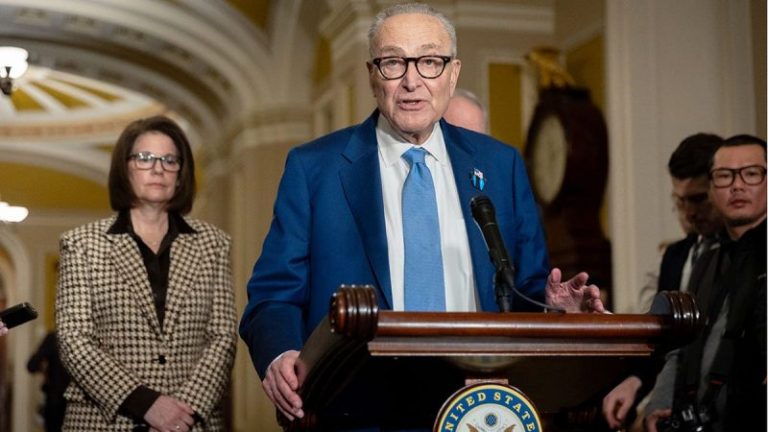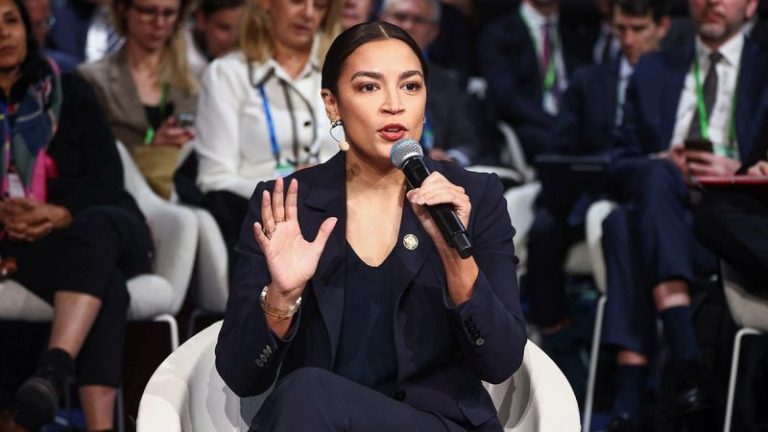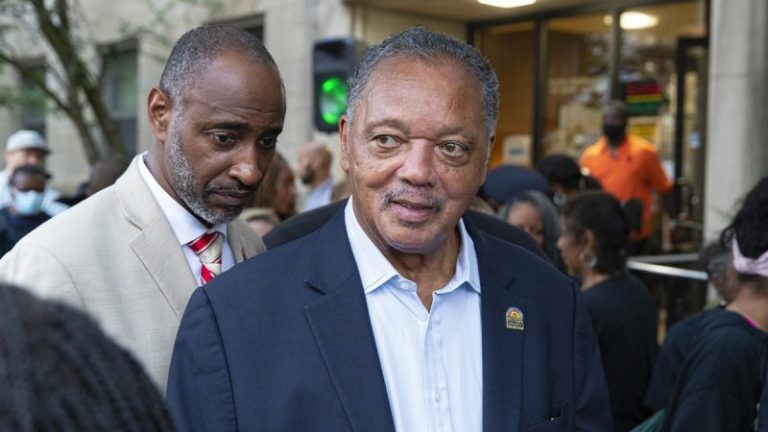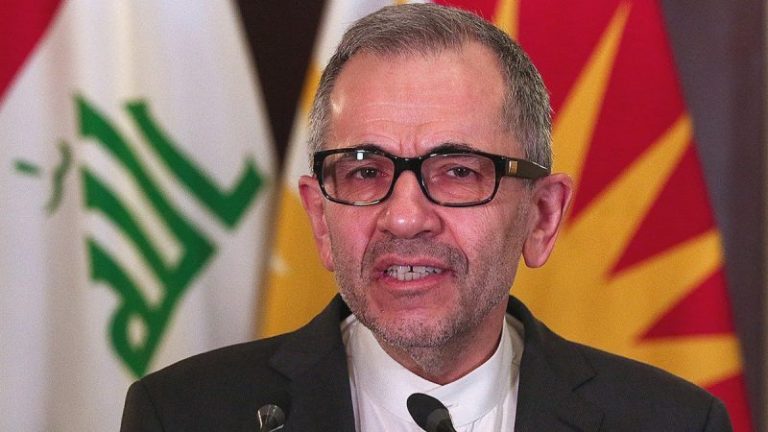Silver surged past US$100 per ounce for the first time in January before retreating below the US$80 level, marking a volatile start to 2026 as the precious metal faces renewed investor appeal.
In its latest annual outlook, published on February 10, the Silver Institute notes that the rally comes after a year when silver saw its strongest annual performance since 1979. Investor interest accelerated into early 2026 and pushed the price to multiple record highs, driving the gold-silver ratio below 50 for the first time since 2012.
Looking forward, global silver investment is expected to remain strong this year as the market posts its sixth consecutive annual deficit. The Institute’s forecast, based on analysis by London-based consultancy Metals Focus, points to a 67 million ounce shortfall in 2026, with total demand once again outstripping total supply.
Silver supply in 2026
On the supply side, total global silver output is forecast to increase by 1.5 percent in 2026 to 1.05 billion ounces, the highest level in a decade. Mine production is expected to edge up 1 percent to 820 million ounces, supported by stronger output from existing operations and newly commissioned projects.
Mexico is forecast to deliver much of the growth from primary silver mines. In China, higher output is expected from China Gold International Resources’ (TSX:CGG,OTCPL:JINFF) Jiama polymetallic mine as expansion continues.
Canada is projected to see gains from projects such as Hecla Mining’s (NYSE:HL) Keno Hill and New Gold’s (TSX:NGD,NYSEAMERICAN:NGD) New Afton, which is being acquired by Coeur Mining (NYSE:CDE). Morocco’s Zgounder mine is also ramping up production, while Peru is expected to record declines at certain operations.
By-product silver from primary gold mines is forecast to increase. Contributions are expected from Barrick Mining’s (TSX:ABX,NYSE:B) Pueblo Viejo in the Dominican Republic, Gold Fields’ (NYSE:GFI) Salares Norte in Chile and the Nezhda project in Russia, owned by SolidCore (formerly Polymetal International).
Output from primary silver mines is expected to remain largely flat, accounting for 28 percent of total mine supply.
Silver recycling supply is projected to rise 7 percent, exceeding 200 million ounces for the first time since 2012, as elevated price levels encourage scrap flows, particularly from silverware.
Although the silver price has cooled since this year’s highs, the Institute notes that it’s established technical support and remains underpinned by tight physical supply and ongoing macroeconomic uncertainty.
Many forces that drove silver in 2025 remain in place. Constrained physical availability in London, geopolitical tensions, US policy uncertainty and concerns about the US Federal Reserve’s independence continue to provide support.
Silver demand in 2026
On the demand side, total global silver consumption is forecast to remain broadly flat in 2026. Gains in physical investment are expected to offset weakness in jewelry, silverware and some industrial segments.
Meanwhile, industrial fabrication, the largest component of silver demand, is projected to decline by 2 percent to around 650 million ounces, marking a four year low.
As in 2025, the drag is seen coming primarily from the photovoltaic (PV) sector.
Although solar installations worldwide are expected to continue expanding, manufacturers are reducing silver use per panel through thrifting and substitution, resulting in lower silver demand from PV applications.
Other industrial uses offer partial relief. Growth in data centers, artificial intelligence technologies and automotive electronics is expected to sustain silver consumption across several end uses, mitigating some of the PV losses.
Consumer demand, however, remains under pressure from record-high prices. Jewelry demand is forecast to fall more than 9 percent to 178 million ounces, marking the lowest level since 2020.
In contrast, physical investment demand is set to strengthen considerably.
The Institute projects a 20 percent rise to a three year high in physical investment to 227 million ounces.
After three consecutive annual declines, western retail demand is expected to rebound as investors respond to silver’s price momentum and persistent macroeconomic risks.
Exchange-traded product holdings currently stand at an estimated 1.31 billion ounces, and coin and bar demand has firmed in recent months. As of February 9, the silver price was up 11 percent year-to-date.
Silver deficit to persist
Even with higher supply and recycling, the silver deficit is set to persist. The Institute notes that the global silver market will continue to rely on the drawdown of aboveground bullion inventories to bridge the gap.
While volatility is likely to continue, the Institute forecasts that strength in gold and sustained physical tightness may help cushion risks for silver as it navigates another year defined by deficit and demand.
Securities Disclosure: I, Giann Liguid, hold no direct investment interest in any company mentioned in this article.




